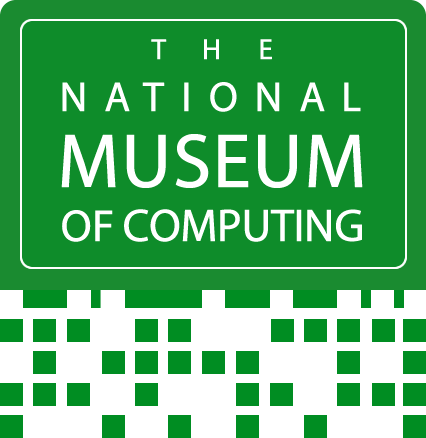Researcher who revealed secrets of Colossus awarded honorary fellowship by TNMOC
/Researcher who revealed secrets of Colossus awarded honorary fellowship by TNMOC
Professor Brian Randell, distinguished computer scientist and computer historian, has been awarded the 2020 Honorary Fellowship by The National Museum of Computing (TNMOC).
Professor Randell’s research led to the innovation, power and importance of Colossus becoming public knowledge in the 1970s. His revelations about the Second World War code-breaking machine at the USA Los Alamos computer history conference in 1976 were described at the time as “a major historical bombshell” and caused a significant rewriting of the history of computing.
Trustee of TNMOC, Professor Martin Campbell-Kelly, said, “Professor Randell’s contribution to researching and even making computing history is immense. He co-wrote one of the early classics of computer science, Algol 60 Implementation, researched operating systems and high-speed computer design for IBM in the 1960s. In 1969 he was appointed the UK’s youngest professor of computer science at Newcastle University.”
Professor Randell’s interest in computing history was fired in 1970 when he stumbled across a little-known Irish pioneer of computing Percy Ludgate, who – unaware of Babbage’s earlier attempts at building a computer – had designed a mechanical computer before the First World War. Investigating the context for Ludgate’s work led to Randell’s influential book on the history of computing in 1973, The Origins of Digital Computers.
Now an emeritus professor at Newcastle University – and still a senior research investigator – Professor Randell’s scientific career has taken on dependable computing, operating systems for networked computers, and the security of distributed systems.
Andrew Herbert, chairman of TNMOC, said, “I am excited to welcome Professor Brian Randell as TNMOC’s latest Honorary Fellow – he is a leading figure in both computer science and computer history and his book on the origins of digital computing sparked my own interest in the first generations of computers. He established Newcastle university as a centre of excellence in UK computer science and I have had the pleasure of working with him throughout my own career in computing research.”
Later this year, TNMOC trustee Martin Campbell-Kelly will conduct a staged interview at the museum with Professor Randell about his life and research.
Professor Brian Randell joins TNMOC’s first two honorary fellows: Margaret Sale, and the late Tony Sale.
Notes To Editors
About The National Museum of Computing
Now fully open Tuesdays to Sundays, 10.30 am to 5.00 pm
The National Museum of Computing, located on Bletchley Park in Block H, one of England’s ‘irreplaceable places’, is an independent charity housing the world's largest collection of functional historic computers, including reconstructions of the wartime code-breaking Colossus and the Bombe, and the WITCH, the world's oldest working digital computer. The Museum enables visitors to follow the development of computing from the ultra-secret pioneering efforts of the 1940s through the large systems and mainframes of the 1950s, 60s and 70s, and the rise of personal computing in the 1980s and beyond.
The Museum runs a highly successful Learning Programme for schools and colleges and promotes introductions to computer coding amongst young people to inspire the next generation of computer scientists and engineers.
Sponsors of the Museum have included Bletchley Park Science and Innovation Centre, Fujitsu, InsightSoftware.com, Paessler AG, Sophos, Issured, Lenovo, Bloomberg, Ocado Technology, 4Links, Google UK, IBM, NPL, HP Labs and BCS.
For more information, see www.tnmoc.org and follow @tnmoc on Twitter and The National Museum of Computing on Facebook.
Media contact
Stephen Fleming, Palam Communications
01635 299116
s.fleming@palam.co.uk






